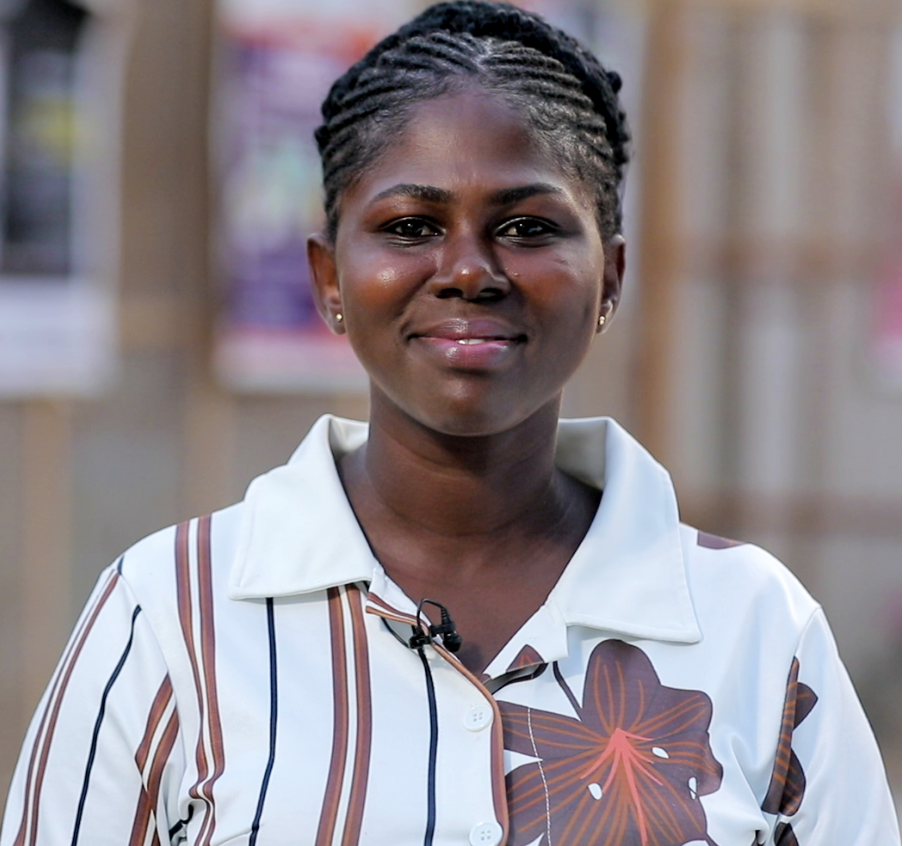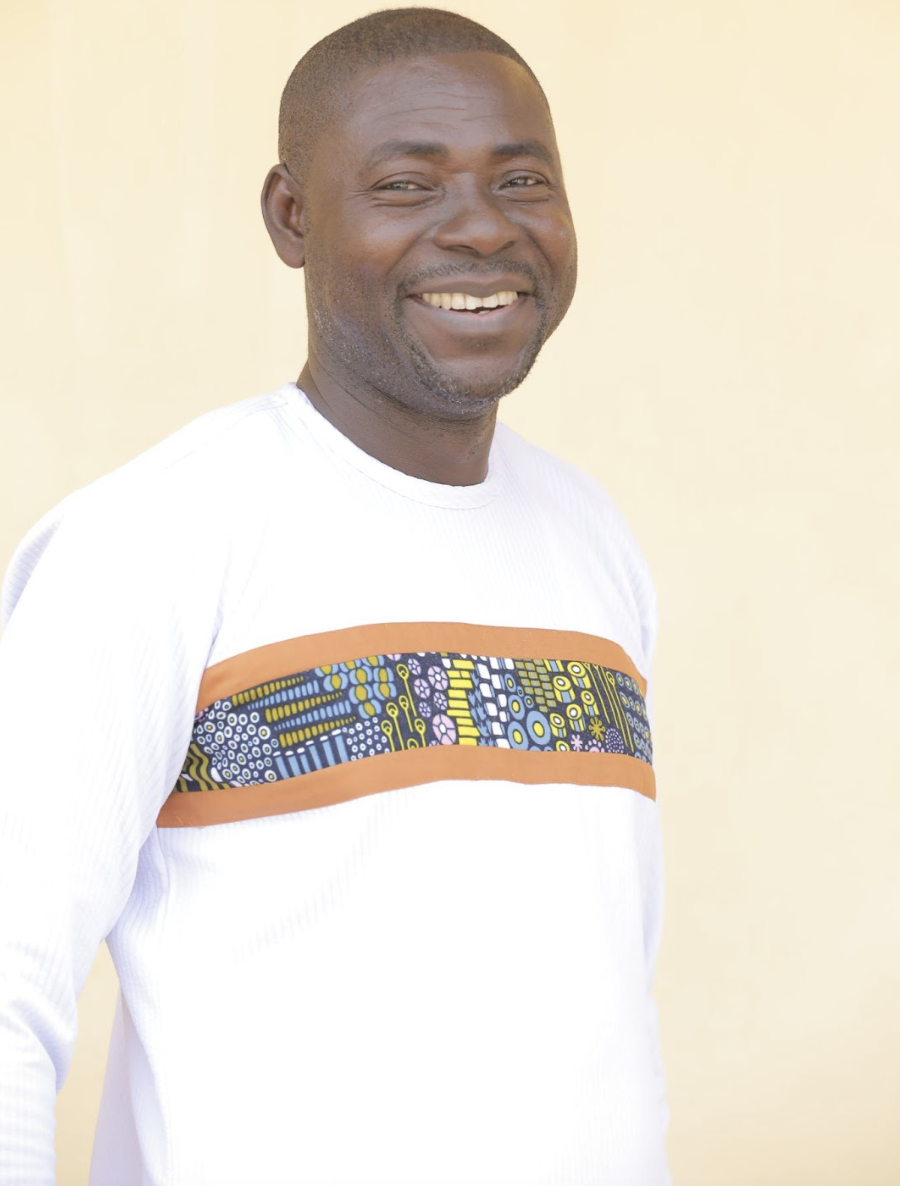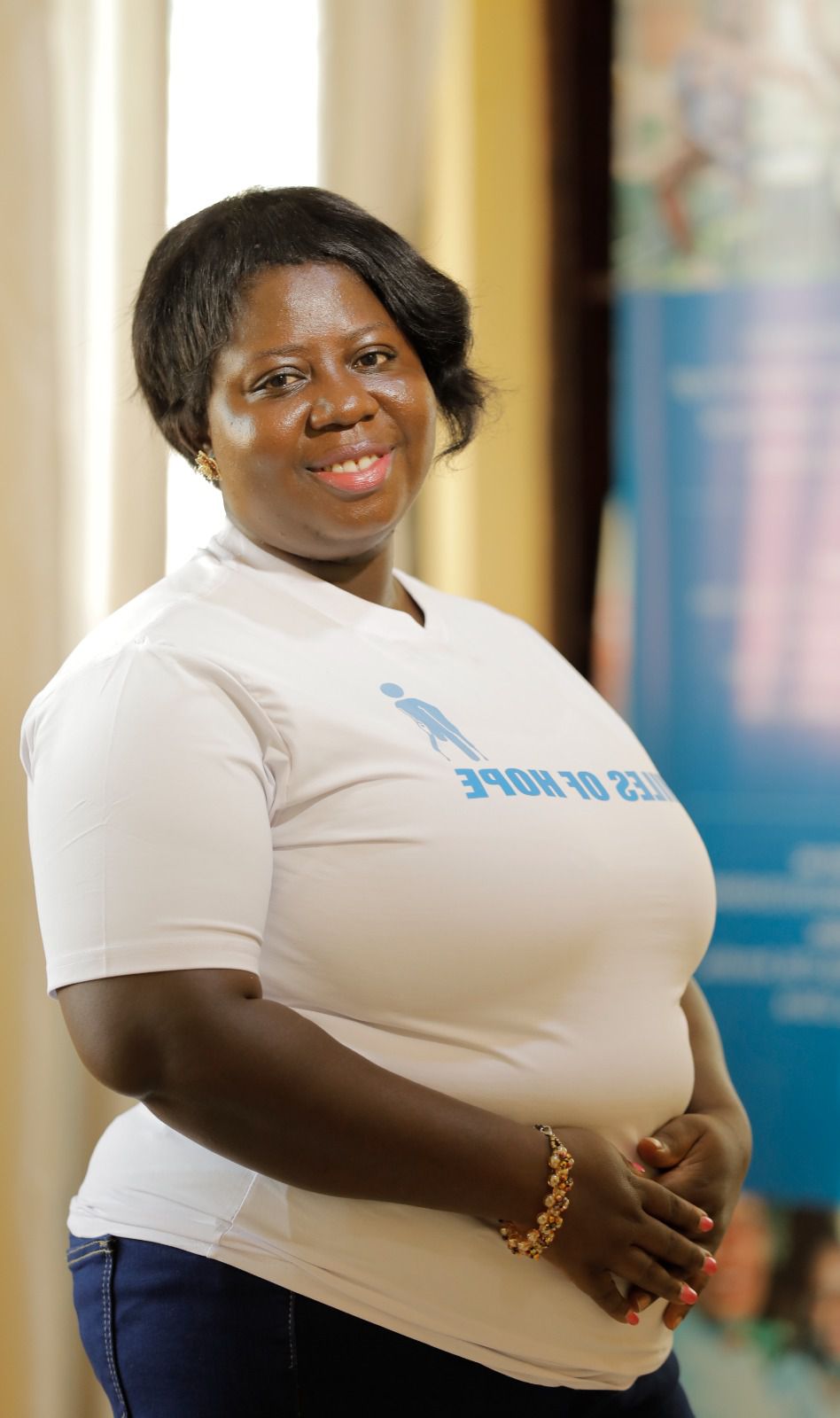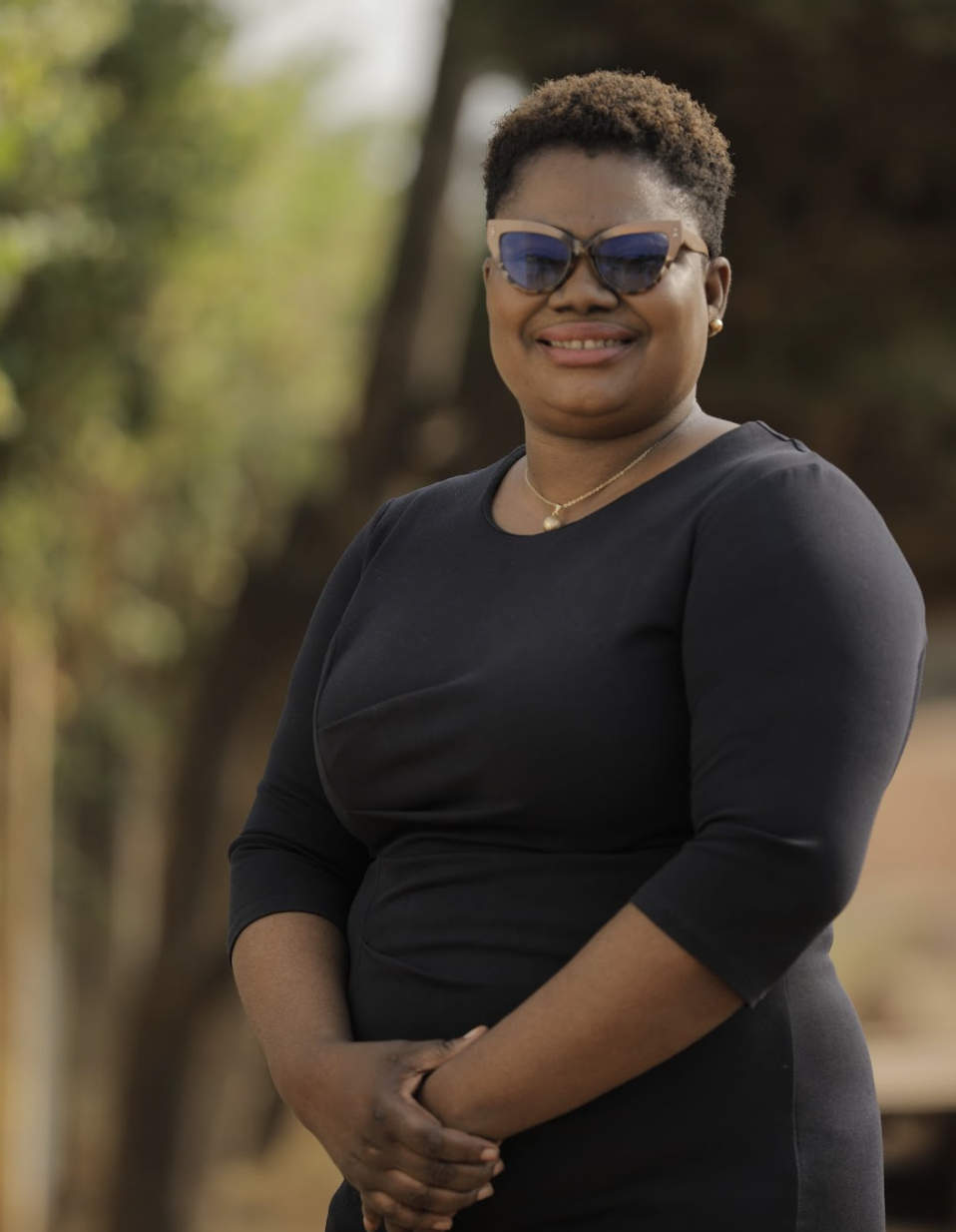
Growing up, I believed that having children was something that just happened. You get married, you wait a few months, and then came the baby news.
Simple, right? But as I grew older and stepped into my career as a midwife, I met women whose stories quietly shattered that belief. There was a woman who, after ten years of marriage, avoided family gatherings because of the never-ending, “When are you giving us a baby?” comments.
Another, who came to the hospital for a routine consultation, said as we chatted, her voice cracked: “I’ve done everything right. The tests, the prayers, the diets, the herbs… but it’s been five years and nothing.
“People say I’m cursed. My mother-in-law won’t even speak to me anymore.”
Her pain was deep, not just from the unfulfilled desire for a child, but from the social isolation, judgment and self-blame she carried.
Infertility is a word we rarely say out loud in our part of the world, but it affects so many. It is a reality many women and couples silently battle. Infertility is defined as the inability to conceive after 12 months (or 6 months for women over 35) of regular, unprotected intercourse. Yet, beyond the statistics and medical terms are real people, with real heartbreak.
What causes infertility?
Infertility can result from factors affecting both men and women.
In women, common causes include: Ovulation disorders, blocked fallopian tubes, endometriosis, uterine abnormalities, age-related factors.
In men, it may be due to: Low sperm count, poor sperm motility, hormonal imbalances, infections or injury. In some cases, the cause remains unexplained.
Why this conversation matters
In our society, women carry the burden of blame when conception delays, often enduring hurtful words and stigma. But infertility is not a punishment, nor is it solely a woman’s issue.
It’s a medical condition affecting both men and women and one that requires compassion, support and timely intervention.
Infertility may be a silent struggle, but it doesn’t have to be a lonely one. As we mark Infertility Awareness Month this April, let’s commit to being more sensitive with our words, more supportive in our actions, and more willing to learn about the silent battles those around us may be fighting. Motherhood or fatherhood may delay, but hope, love and community should never be out of reach.
Together, let’s break the silence and stand with those waiting for their miracle.
Sarah, also known as The Global Midwife, is a midwife by profession and an advocate for reproductive, maternal, child and menstrual health and hygiene. As a radio host of ‘Talk to Your Midwife,’ she uses the airwaves to spread crucial reproductive health information.
The post Talk to your midwife with Sarah Nkansah BOATENG: When the two lines don’t appear: Breaking the silence on infertility appeared first on The Business & Financial Times.
Read Full Story


















Facebook
Twitter
Pinterest
Instagram
Google+
YouTube
LinkedIn
RSS